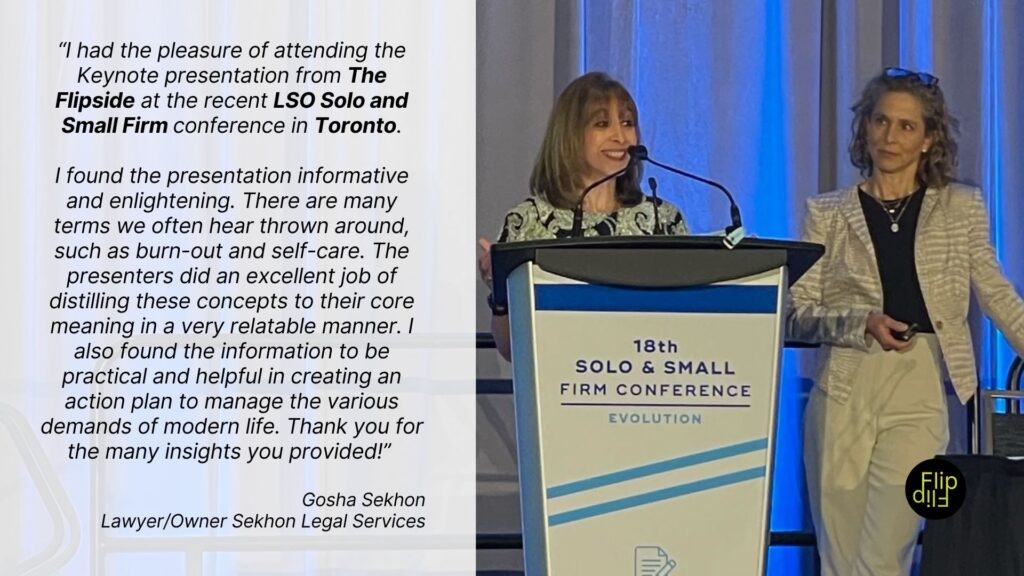Brain
Is there a problem with artificial sweeteners?

Not one day goes by without you hearing or reading that sugar is bad for you. Excess sugar impacts many things: weight, blood sugar, cardiovascular conditions, memory, energy levels, and hormones. Some studies have gone as far as to show some potential links between excess sugar and cancer and as a result, humans resorted to what we now call “artificial sweeteners” trying to solve this problem.
So, what is the problem with artificial sweeteners?
Saccharin, aspartame and sucralose. These are three of the five artificial sweeteners approved for human consumption and are contained in famous sweeteners such as Sweet’n Low, the original Splenda (now they have several variations), and Equal. You can also find this in Coke Zero and Diet Pepsi, to name a few that you probably know well.
While these sweeteners do their job very well of providing you with a sweet taste without the calories, they do so, by having a low absorption in the gut. This means that they are directly delivered to the gut bacteria and this is a problem because these sweeteners impact the gut microbiome in detrimental ways as shown now by multiple scientific studies, some done in mice and others in humans.
The impact on the gut microbiome
Our gut microbiome plays an essential role in our immune system, mood, cardiovascular system, and everything in between. The connection of our gut with every other system of our body, including our brains, is now established, and therefore, we should be concerned about the health of the bacteria that reside in our gut. The healthier, more diverse bacteria in your gut, the better chances you have of enjoying optimal health.
Artificial sweeteners also rank very low on the glycemic index. This means that technically speaking when you drink or eat something sweetened with one of these sweeteners, you won’t have a glucose spike. This is great, however, a study conducted by scientists at the Weizmann Institute of Science and Tel Aviv University in Israel concluded that these artificial sweeteners may induce glucose intolerance by altering the gut microbiome (Suez, J., Korem, T., Zeevi, D. et al. Artificial sweeteners induce glucose intolerance by altering the gut microbiota. Nature 514, 181–186 (2014).
In an even more recent study (Suez J, Cohen Y, Valdes-Mas R, et al. Personalized microbiome-driven effects of non-nutritive sweeteners on human glucose tolerance. Cell 2022; 185 (18): 3307-3328.e19.doi:10.1016/j.cell.2022.07.016) scientists assessed how artificial sweeteners (this time, including Stevia) impacted humans and their microbiome in a randomized control trial that included 120 healthy adults. The study found that all of the participants that ingested the artificial sweeteners (saccharin, sucralose, aspartame, and stevia) had an altered stool and oral microbiome. In this group, in addition, the saccharin and sucralose significantly impaired glycemic response.
Some tools to walk away from artificial sweeteners
So, what can you do if you still want to put some sugar in your coffee, or have that sweet treat now and then?
Rather than giving you an answer to those questions, let us ask YOU a few questions: what are you looking to gain with the use of artificial sweeteners? Is it the ability to continue eating certain foods or beverages without feeling guilty about the calorie content? If so, perhaps knowing that these sweeteners may have an adverse impact on your health in the future may deter you from using them.
If the sugar you put on your coffee is an issue, then try this starting tomorrow: if you add one teaspoon of sugar or artificial sweetener to your coffee, then cut it in half tomorrow and keep it that way for a week. The following week cut that in half and keep that for another week or so. In the third week, try your coffee without sugar or sweetener! You will be surprised how you won’t miss it.
How about that coke zero that you like to drink daily? Can you drink half the can and sub the other half with a glass of water and do so for a week? In the second week, reduce it a little more. For every reduction, increase your water intake by the same amount.
How about your morning oatmeal? If you eat oatmeal regularly, then try adding a banana, cinnamon, and chopped dates to get that sweet taste in! You can also use unsweetened vanilla yogurt or plant-based milk (check the ingredients and make sure no sugar has been added). You will be surprised at how these small additions and changes will take your oatmeal to the next level!
We invite you to carefully read the labels and dismiss the packaging claims. Focus on ingredients and make informed decisions that will protect your health!
MV





